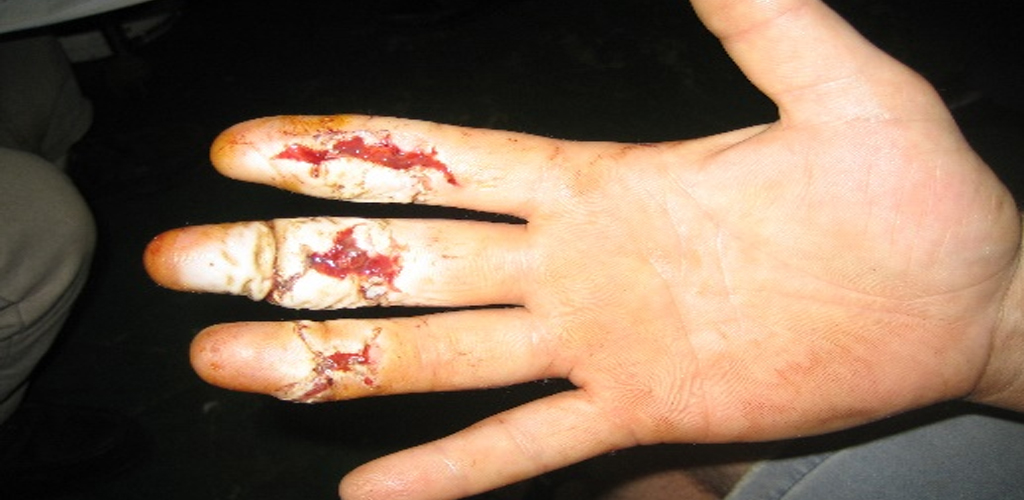Immobilization:
Using splints or casts to immobilize the hand and promote healing, especially for fractures or dislocations.

The hands play a crucial role in daily activities, and injuries to the hands can significantly impact one's functionality and quality of life. Hand injuries may result from various causes, including accidents, trauma, sports-related incidents, or medical conditions. Understanding the types of hand injuries and their treatments is essential for effective management and recovery.
Fractures:
Fractures in the bones of the hand can occur due to falls, crush injuries, or direct trauma. Prompt diagnosis and appropriate treatment are crucial for optimal healing.
Dislocations:
Dislocations involve the displacement of bones from their normal positions. Hand dislocations may occur at joints, leading to pain, swelling, and instability.
Tendon Injuries:
Tendons are essential for hand movement. Injuries to the tendons, such as cuts or tears, can affect the ability to flex or extend fingers properly.
Ligament Sprains:
Sprains in the ligaments supporting the hand joints can result from sudden impacts or excessive force, leading to pain and reduced range of motion.
Management of hand injuries depends on the type and severity of the injury. Common treatment options include:
Using splints or casts to immobilize the hand and promote healing, especially for fractures or dislocations.
Rehabilitation exercises to improve strength, flexibility, and function of the hand.
For severe injuries, surgical procedures may be necessary to repair tendons, ligaments, or fractures.
Pain management and anti-inflammatory medications may be prescribed to alleviate discomfort and reduce swelling.
Accurate testing and diagnosis are fundamental for determining the extent and nature of a hand injury. The following diagnostic methods may be employed:
A thorough examination of the hand, including assessing range of motion, strength, and signs of swelling or deformity.
X-rays, MRI, or CT scans may be performed to visualize the bones, joints, tendons, and ligaments in detail.
Many hand injuries can be effectively managed without the need for surgery. Non-surgical treatments may include:
Utilizing splints or casts to immobilize the hand and promote natural healing.
Rehabilitation exercises to improve strength, flexibility, and function of the hand.
Pain management and anti-inflammatory medications to alleviate discomfort and reduce swelling.
In cases where surgical intervention is necessary, various procedures may be considered. Surgical treatments for hand injuries include:
Surgical repair of damaged tendons to restore proper hand function.
Stabilization of fractured bones through surgical methods such as pinning, wiring, or plates.
Reconstruction of damaged ligaments to restore stability and function.
If you have sustained a hand injury, seeking prompt medical attention is crucial. Consult with an orthopedic specialist for a comprehensive evaluation, accurate diagnosis, and personalized treatment plan to facilitate a full recovery.